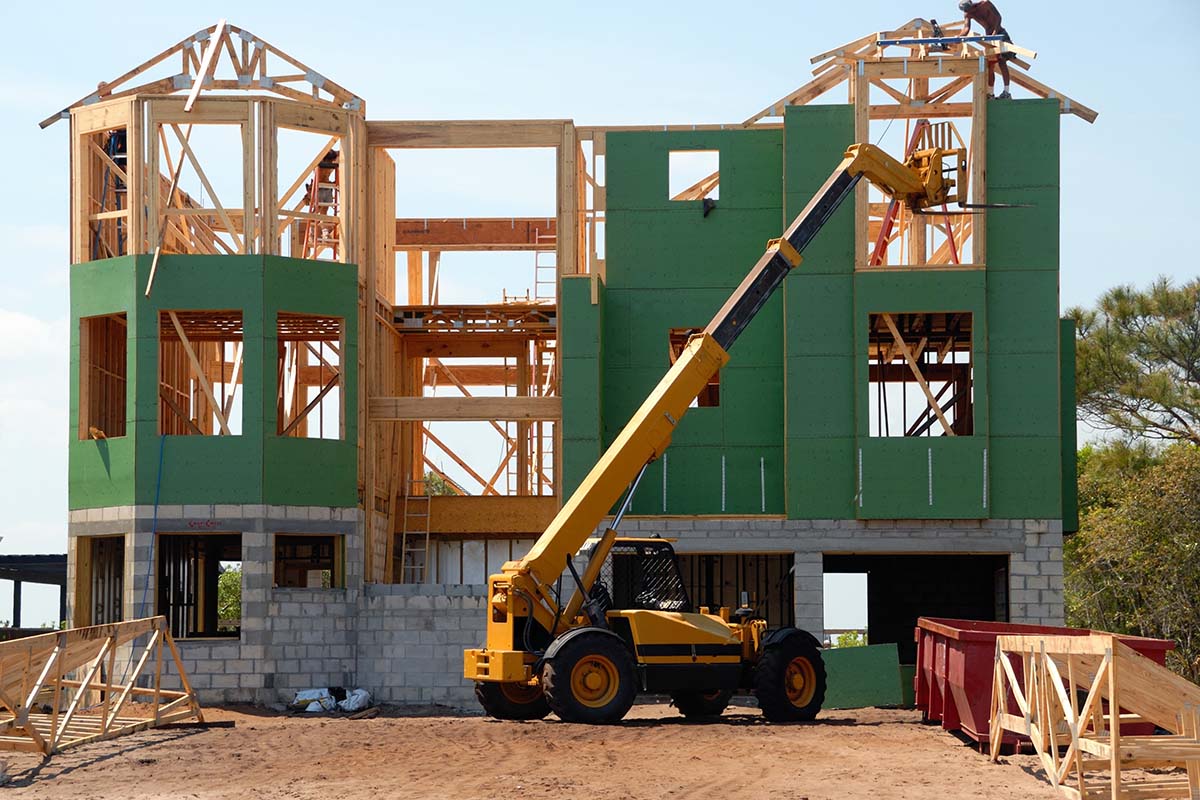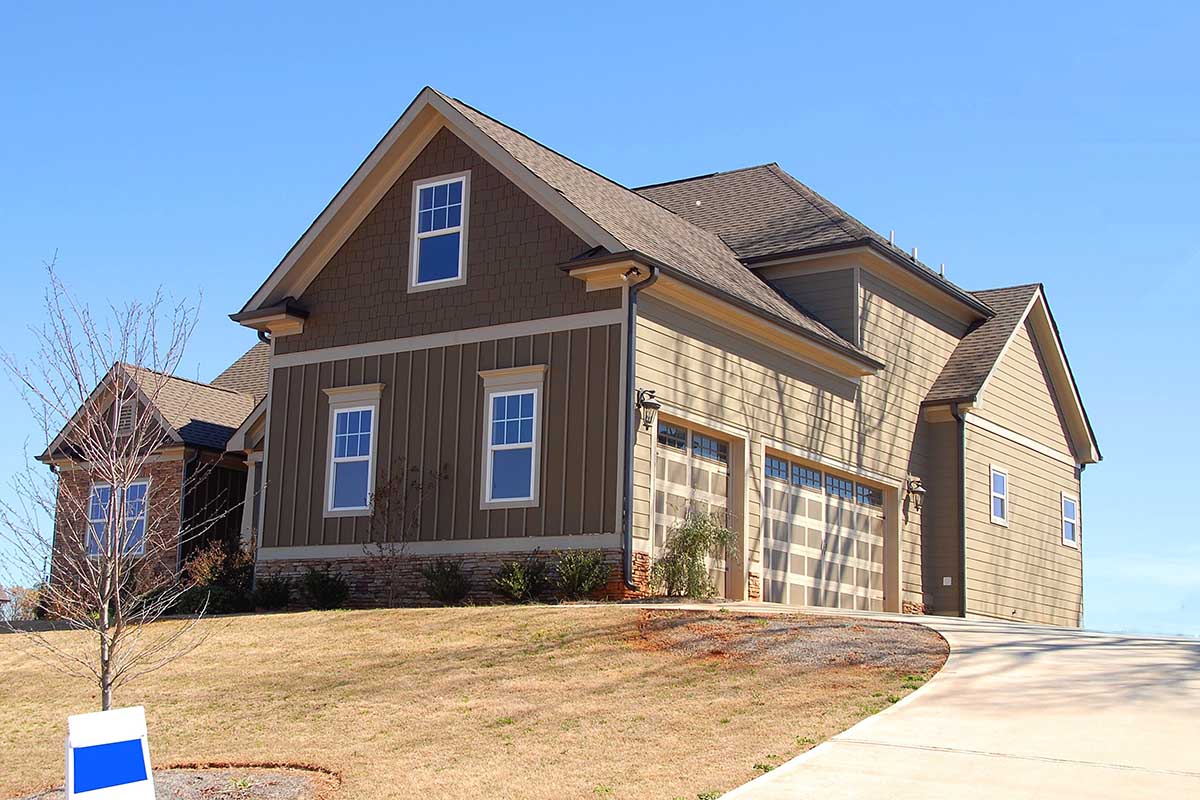How Financial Health Impacts Property Values
Key Points
- Financial Health Matters: A stable strata budget, reserve funds, and proper management build trust and boost property values for buyers and owners.
- Strata Levies Balance: High levies deter buyers, while low levies risk underfunding. Balanced levies ensure maintenance and preserve property value.
- Insurance & Reserves: Adequate insurance and healthy reserves protect against unexpected costs, attracting buyers and maintaining high property values.
Using strata finance to buy a home means that you are buying an apartment or unit in a shared community.
This suggests that the building or complex financial situation will affect the value of your property. Preserving the value requires a reserve fund, insurance coverage, and a well-managed budget.
Let’s look at how the financial health of the strata scheme impacts property values in this piece and why it’s so crucial that current and potential owners consider these variables.
Financial Health Reflects Stability
When looking at strata property, prospective buyers always consider the financial structure of the strata scheme.
This is because it shows if the community is stable and organised or not.
When the structure is sound, it shows that the building is carefully maintained and issues are properly handled.
On the other hand, buyers might have second thoughts when a property has poor budgeting, high levies, or huge debt.
A poorly managed strata scheme can lead to sudden increases in monthly contributions and other unexpected costs in the future, after all.
Regular auditing and reporting ensure transparency, which builds trust between current owners and potential buyers.
However, reports need to clearly show how funds are managed, how levies are spent, and so on.
This makes a big difference in how buyers perceive the stability and value of the property.
Strata Levies Affect Property Value
These are the regular fees paid by the owners to cover maintenance costs and building insurance, among other shared expenses.
If these are too high, they can put off prospective buyers because they tend to indicate that the building needs a lot of repairs or that the reserves are low.
Buyers won’t want to pay high fees if they feel that the strata scheme isn’t worth it.
Sometimes, the property may end up priced lower than similar units in the same neighbourhood because of this.
Making the levies too low is also a bad move since it can lead to underfunding for future maintenance.
The secret lies in finding a balance between a reasonable amount that covers the necessary maintenance while still being affordable for residents.
A good strata corporation plans its budget carefully to ensure that levies are sustainable and funds are available.
Reserve Fund Impacts Property Values
If the strata plan has a lot of extra money set aside, it’s in good financial shape.
Long-term costs like replacing things, fixing things, and improving shared areas are paid for by the fund.
This includes fixing the roof, making improvements to the lift, and painting the outside.
When there isn’t enough reserve, you might need to ask for special levies, which puts owners in a difficult situation.
Buyers tend to avoid strata schemes that implement a lot of special levies since it indicates financial instability.
Owners who have a healthy fund feel secure and at ease knowing that any significant costs will be met.
Knowing that the property is properly maintained through budgeting also gives buyers more confidence to invest, even at a premium price.
Insurance Protects Property Value
Having sufficient insurance protects the structure and its belongings against fire, storm, and other calamity damage.
Insufficient coverage could lead to serious financial problems for the strata plan, such as the owners having to foot the bill for repairs or replacements.
As part of the levy, current owners make contributions to a pooled insurance policy.
To ensure that the entire value is covered, the company should periodically review and renew its insurance.
Underinsured buildings provide inadequate protection, which deters potential buyers.
Buyers feel safer investing in homes when they know that the risk is covered by up-to-date insurance.
Also, they are more likely to pay more for homes that have proper coverage because it lowers the chance of costly mistakes down the road.
The Impact of Financial Management on Long-Term Value
The strata scheme’s financial planning can be aided by a qualified finance manager, who will make sure all requirements are satisfied and the scheme stays stable.
The value of the property is influenced by reports, strategy, and effective budgeting.
When things are managed well, problems like unexpected fix costs and extra taxes don’t happen. It also promises that the building is in great shape.
Businesses that consistently and well handle their money get a good image in the market, which raises demand and property prices.
A Potential buyer gains confidence in their investment when they perceive that the strata scheme is being adequately handled financially. Additionally, they are more prepared to pay extra for the property’s long-term stability and security.
Conclusion
Our homes’ values are greatly affected by how stable the strata scheme’s finances are.
Property values are affected by everything, from the insurance to the reserve cash.
As a homeowner, you obviously want to protect your investment. People who are still in the market should do their homework before buying.
Contact a reputable business for your unsecured loan options, and keep the value of your units high.
Together with a reliable financial adviser, whether you live in the property or are an investor, you can easily handle the complicated world of strata finance and keep your property’s high status.





















